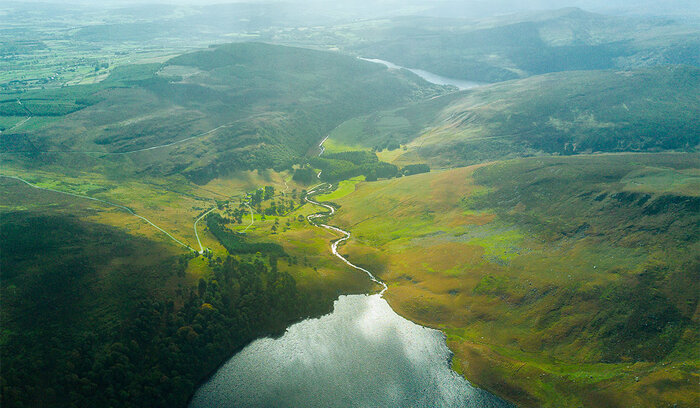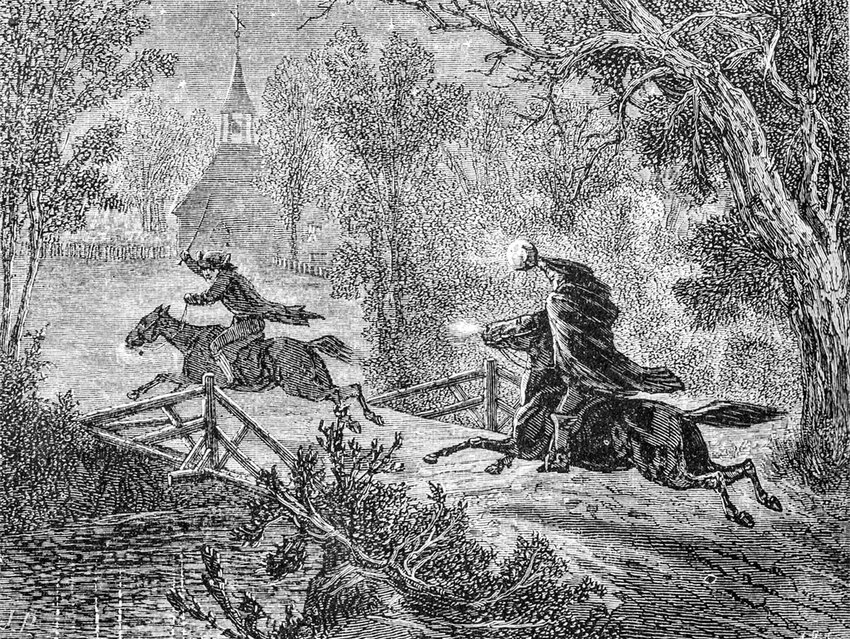
Firth
[fərTH]
Part of speech: noun
Origin: Old Norse, 15th century
1.
A narrow inlet of the sea; an estuary.
Examples of Firth in a sentence
"At the mouth of the Clyde river outside Glasgow, there’s a firth with the deepest coastal waters in the British Isles."
"A firth can provide a natural demarcation point, such as the Solway Firth, which is used to divide England from Scotland."
About Firth
“Firth” entered Middle English through the Scots language, which took it from the Old Norse word “fjǫrthr.” This is also the root of “fjord,” a similar term, though a fjord is partly defined by its position in a narrow valley between high cliffs. By contrast, a “firth” is a smaller inlet, without any other geographical specificity.
Did you Know?
While similar types of inlets exist all over the world’s waterways, the ones called “firths” are primarily found in Scotland, which is where the word developed from its Old Norse roots and entered English. The difference between firths and estuaries is not always distinct in Scotland. Estuaries are usually coastal bodies of water connected to the sea where fresh water and seawater mingle, while firths contain only salt water. However, because there’s rarely a clear demarcation between firth and estuary, some Scots use the two terms interchangeably.








